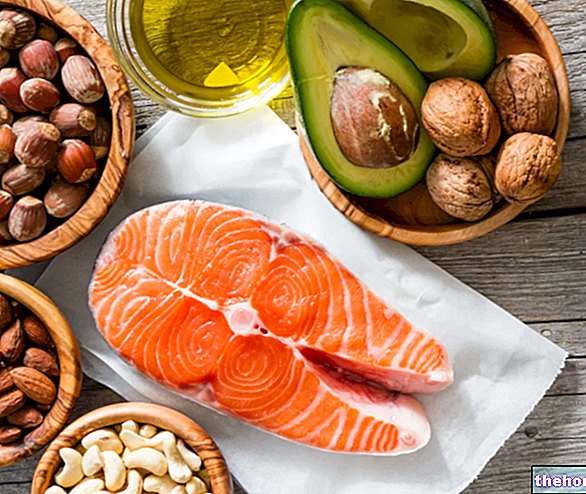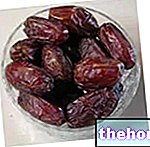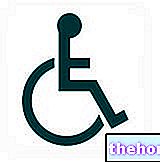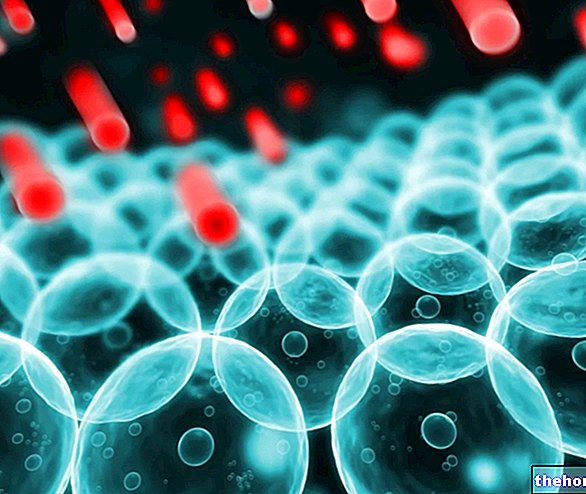The excess of fiber affects the body with a set of symptoms mainly concerning the gastrointestinal system. It is a condition frequently related to too many fiber supplements or, more rarely, to an unbalanced diet because it is excessively rich in fibrous residues. (bran, whole grains, legumes, vegetables and fruit) and probably low in water.

Is Too Much Fiber Bad?
Fiber supplements (viscous and non-viscous), if taken in the context of a diet already sufficiently rich in fibrous residues, can cause an excess of fiber and the onset of some side effects. The most popular fiber supplements are based on isolated fibers, that is to say:
- Β "-glucans: viscous, easily fermentable fibers contained in barley and oats, and produced by fungi, yeasts, bacteria and algae; the most widespread in the form of supplements derive from oats, fungi and yeasts.
- Pectins: viscous fibers extracted from citrus peel or apple pulp; they are also a gelling food additive.
- Inulin and oligofructosis: they are extracted from chicory or synthesized from sucrose; represent a fairly widespread food additive. They are highly fermentable and have a prebiotic function on bifidobacteria.
- Guar gum: viscous and soluble fibers which constitute a laxative product, but are also contained within "ready cereals" and other food products.
- Psyllium: Diets low in saturated fat and cholesterol, which include 7g / day of soluble fiber from psyllium, can reduce the risk of heart disease.
- Chitosan: is a non-digestible glucosamine, or a polymer of chitin; it reduces fat absorption and is available as a slimming supplement (effectiveness not proven) and cholesterol-lowering.
All these fiber supplements must be taken with plenty of water (250ml) and in the doses recommended on the label; too many fiber supplements and / or insufficient water intake in the diet (abdominal tension, abdominal cramps, excess gas and diarrhea.
Side effects on the intestine
There are fiber supplements which, more than others, determine the onset of specific symptoms associated with excess dietary fiber: guar gum, inulin and oligofructose, fructoligosaccharides, polydextrose, resistant starch and psyllium. In particular, the excessive intake of Guar gum and / or psyllium, coexisting with the insufficiency of water, can cause intestinal obstruction and worsening of symptoms in subjects with already compromised intestinal motility. Furthermore, in affected people. from colorectal polyposis, psyllium supplement appears to be directly related to the increase in size of precancerous adenomas.
Side effects for allergies
It is also appropriate to specify that certain fiber supplements, even if NOT in excess, require particular attention due to the allergenic potential. Chitin and chitosan, for example, which are extracted from the shell of crustaceans, can cause allergic reactions, even very serious ones in hypersensitive subjects, the same goes for the inulin extracted from chicory and for the psyllium contained in the "ready cereals".
Side effects on drug absorption
We also remind you that some fiber supplements can have negative drug interactions with certain drug molecules; it is again the case of psyllium, whose intake compromises the absorption of lithium, carbamazepine (Tegretol), digoxin (Lanoxin), and warfarin (Coumadin); moreover, Guar gum slows the absorption of digoxin, acetaminophen (Tylenol) and bumetanide (Bumex), and decreases the absorption of metformin (Glucophage), penicillin, and some formulations of glyburide (Glynase). Pectin, on the other hand, reduces the absorption of lovastatin (Mevacor) and probably also that of clindamycin, tetracyclines and digoxin.
As a precaution, it is usual to recommend a distance of at least three hours between the intake of a fiber supplement and that of any drug.









.jpg)


















